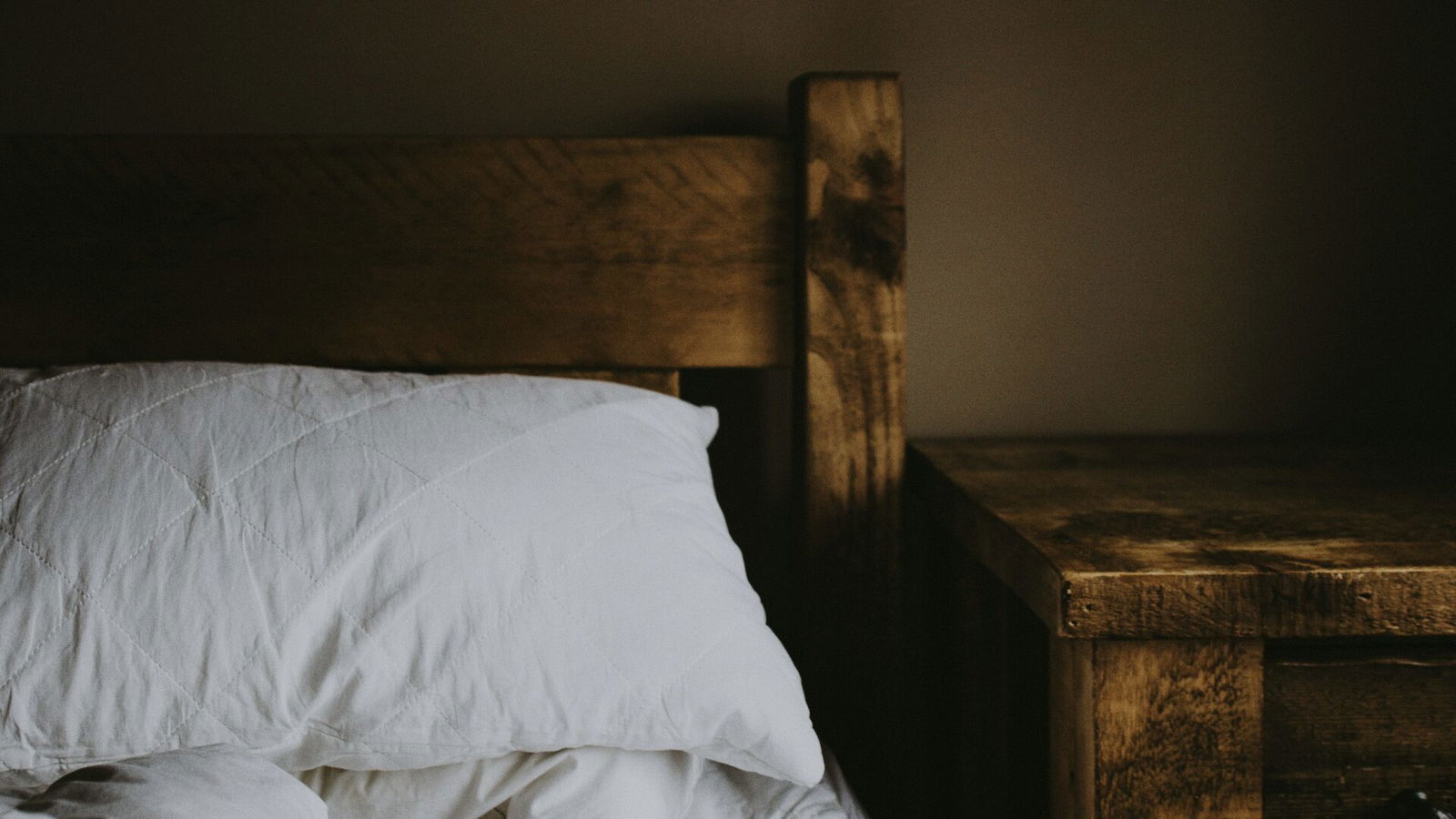
By India McCarty
Struggling to recover from a bad night of sleep? Here are some tips from experts to help get you fully rested and back on track.
“We can think about poor sleep in two ways,” Rebecca Robbins, PhD, an assistant professor of medicine at Harvard Medical School and an associate scientist at Brigham and Women’s Hospital, told Women’s Health.
She explained that there’s the common kind, like not being able to get to sleep or waking up in the middle of the night, but there’s also bad sleep that leaves you feeling exhausted — even when you’ve slept soundly all night.
So, how can you recover from a poor night of sleep? The first step is thinking positively.
Related: Does Screen Time Before Bed Really Affect Sleep Health?
“Negativity can condition people to continue with bad sleep — and even propagate insomnia,” Rachel Salas, MD, is a professor of neurology and an assistant medical director at Johns Hopkins Center for Sleep and Wellness, said.
She explained that people suffering from poor sleep should reframe their mindset and go to bed thinking about what an amazing sleep you’re about to have.
Salas and Robbins also recommended getting outside and getting active. Both of these activities can give you an energy boost during the day — and tire you out for the night before you go to bed.
It’s also important to have a good environment to sleep in. Bad sleepers should try changing their bedding and cleaning their bedroom, as well as creating a “minimal and clean” room to properly relax your mind, per Salas.
Good sleep is vital for your mental health — and your physical health.
“Adults who sleep less than 7 hours a night may have more health issues than those who sleep 7 or more hours a night,” the National Institute of Health stated on their website.
Those health issues can lead to things like “hypertension, diabetes and risk of cardiovascular disease — heart attack, stroke, heart rhythm problems,” Dr. Ravi Aysola, a pulmonary critical care doctor at UCLA and a sleep expert, said during an episode of NPR’s “Life Kit” podcast. “And with age, it can worsen cognitive issues.”
However, if you’re struggling with poor sleep, don’t stress too much about the effects on your physical health.
“While it can be really anxiety-inducing to toss and turn at night, occasional insomnia is extremely common and, to put it plainly, just kind of an expected part of adult life, right?” NPR journalist Andee Tagle said. “We all have stress, and stress affects sleep.”
Marielle Segarra, host of NPR’s “Life Kit” podcast, added, “If you have a bad night’s sleep, don’t panic. No one’s going to sleep perfectly every single night.”
Bad sleep can throw you off your game, and it might feel impossible to get your sleep schedule back on track. However, with these simple tips, you can put yourself in a much better place to enjoy a good night’s sleep.
Read Next: Watching TV Before Bed Could Hurt You More Than You Realize
Questions or comments? Please write to us here.


 - Content:
- Content: 

